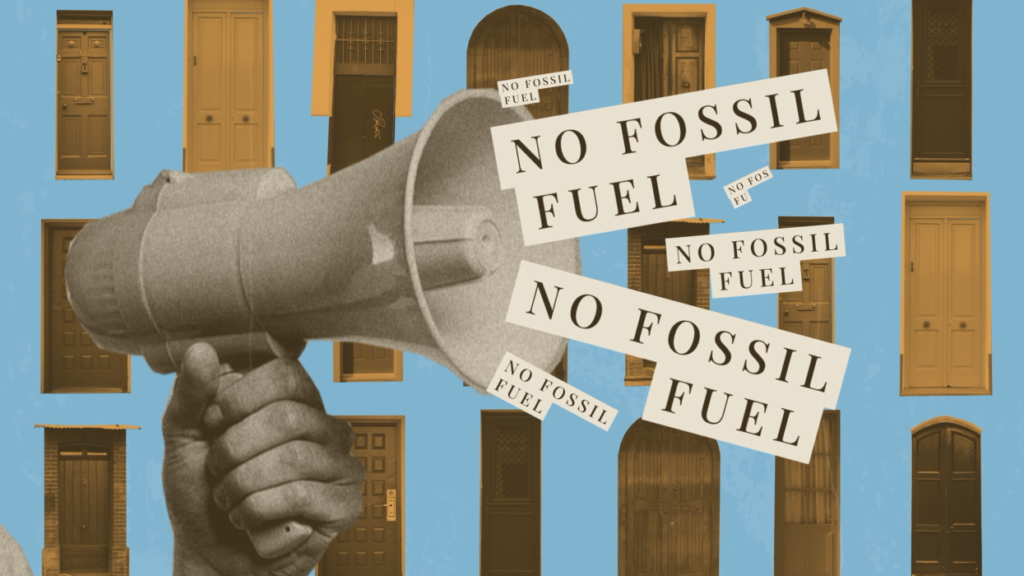Tell OECD countries to stop propping up the oil and gas industry with public money
Right now, we have a historic opportunity to cut off one of the biggest streams of public money for fossil fuels: finance and support provided by governments through little-known institutions called Export Credit Agencies (ECAs).
The climate crisis is here with devastating wildfires, floods, and extreme heat all around the world. A rapidly warming planet poses an existential threat to all life on earth.
We know fossil fuels are the single biggest cause of the climate crisis. The good news is that we know how to cut them off in time to secure a livable future for all. The first step is an end to investments in new fossil fuel expansion.
We now have a historic opportunity to cut off the biggest stream of public money for fossil fuels: finance and support provided by governments through little-known institutions called Export Credit Agencies (ECAs). The OECD countries currently provide USD 41 billion a year in export support for fossil fuels. Five times as much as their clean energy finance.
The OECD has already restricted financing for coal. Some leading OECD countries are now ready to kick off negotiations to also end OECD oil and gas export finance, starting in November 2023. To succeed they need support from their fellow OECD members. In theory the majority of OECD countries have already committed to end their oil and gas export finance and to take action at the OECD – but we need to build pressure to make sure they follow through!
For decades, Export Credit Agencies (ECAs) have been able to go under the radar and get away with fuelling the fire of the climate crisis. ECAs are public agencies that provide government-backed loans, guarantees, credits and insurance to private corporations from their home country in order to facilitate their business abroad. They play a crucial role in financing energy and other infrastructure projects. Without their support, many fossil fuel projects would be unlikely to go ahead. Until now ECAs have been significant financial backers of fossil fuels projects – in fact they are the world’s largest public supporters of fossil fuels – far larger than any other public finance institutions like the World Bank.
The science is crystal clear: no new investments in fossil fuel production or Liquefied fossil gas (LNG) infrastructure are compatible with a habitable future. Internationally, export credit practices are regulated by the OECD Arrangement on Officially Supported Export Credits. Within this arrangement, only new coal-fired power plants are explicitly excluded from support. Ending public finance for oil and gas from ECAs at the OECD would be a critical win that could shift $41 billion USD per year away from fossil fuels and towards an equitable transition to clean energy – and would pressure other public financial institutions to follow suit.
OECD countries can and must rewrite the rules to end export finance for new oil and gas projects.
At the UN Climate Summit in 2021, 39 countries already committed to aligning ECAs with a habitable climate future and ending direct fossil support through signing the Clean Energy Transition Partnership (CETP) – and they make up the majority of OECD member countries.
Civil society organisations have been calling for oil and gas restrictions at the OECD for a long time, and momentum is building. However, without sufficient public pressure these negotiations might well take up to 3 years and leave us with oil and gas finance restrictions that are full of loopholes. We do not have that time. That is why we need your help to build public pressure to get the OECD to start and finish this decision making process as quickly as possible, without compromising on true climate ambition.
Sign this petition and help spread it far and wide to demand the end of the fossil fuel era, where no more public money can go to new fossil fuel infrastructure. Together we can make an end to oil and gas export finance a reality!


